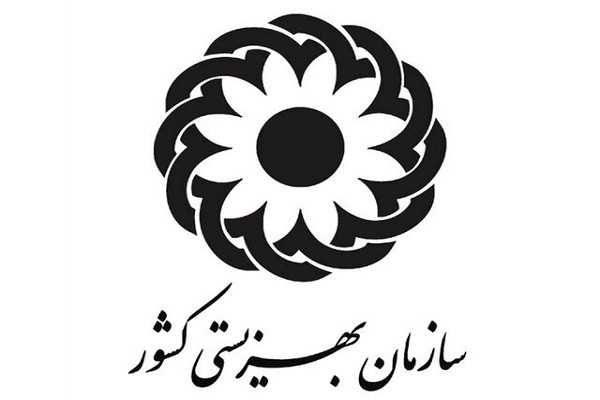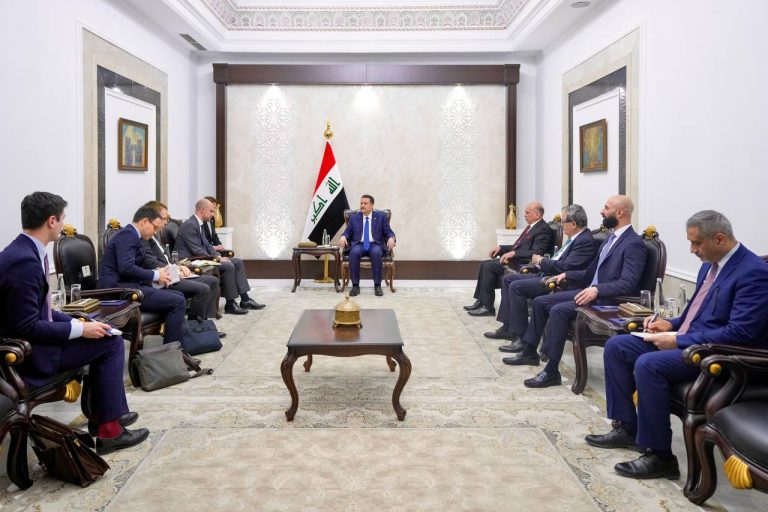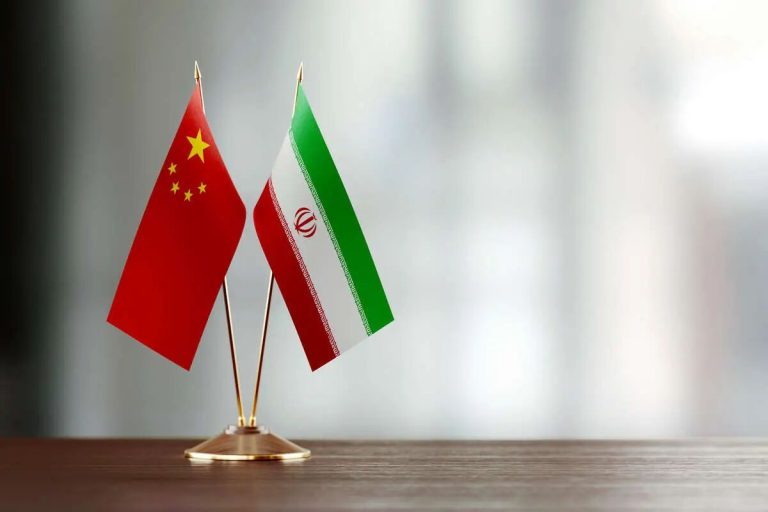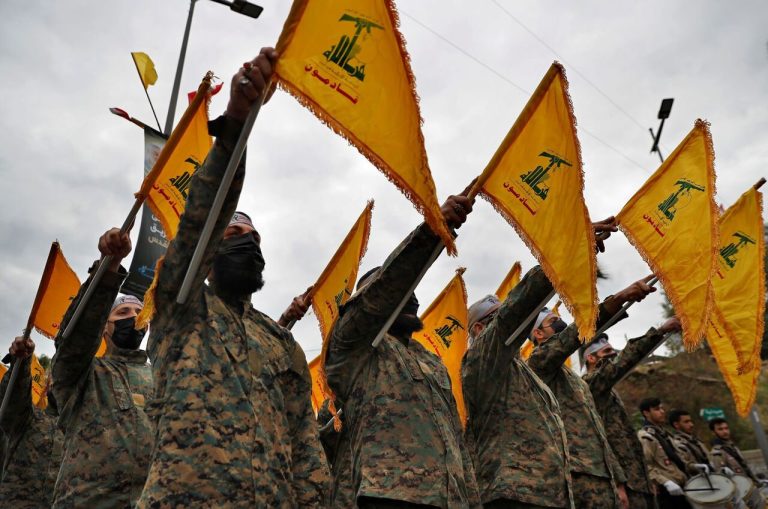
Major Housing and Empowerment Projects Launched in Northern Iran
Golestan and Mazandaran Provinces See Significant Investment in Welfare and Infrastructure
In a significant move to support low-income citizens and welfare recipients, large-scale housing and empowerment initiatives have been officially launched in Iran’s northern provinces of Golestan and Mazandaran. The projects, overseen by the Imam Khomeini Relief Foundation, represent a major step in the nation’s ongoing social support programs.
Housing Construction and Solar Projects for Golestan
Seyed Morteza Bakhtiari, head of the Imam Khomeini Relief Foundation, announced the start of construction on a minimum of 400 residential units for needy families in Golestan province. The announcement was made during a meeting with the provincial governor on Wednesday. Bakhtiari thanked the governorate for its swift cooperation in allocating land for the project, emphasizing that construction would be completed in the shortest possible time.
Further outlining the region’s development plans, Bakhtiari revealed planning for the construction of new 500-megawatt solar power plants, stating that these projects would also commence soon once land provision is finalized.
Golestan’s Governor, Ali Asghar Tahmasbi, highlighted the preparation of necessary infrastructure for investment by the Relief Foundation. He listed the development of wood farming, the expansion of green spaces in northern areas of the province, the Caspian Sea water desalination project, and the empowerment of welfare recipients as key shared priorities with the Foundation.
Mazandaran Reports Progress on Welfare Deliverables
Fariba Barimani, Director General of Welfare in Mazandaran, reported on the province’s achievements, noting that 945 residential units have been completed and delivered to welfare recipients during the current administration. She emphasized significant progress in empowerment, announcing the creation of 3,422 job opportunities for target communities—14% above set benchmarks—836 of which were for individuals recovering from addiction.
The support extended beyond housing and employment. Barimani detailed the provision of 1,810 wheelchairs, 400 assistive rehabilitation devices for 1,200 visually impaired citizens, 340 hearing aid subsidies, and 1,000 specialized air mattresses. Homes and vehicles were also modified for 700 individuals with disabilities. Recognizing Mazandaran as the nation’s second-oldest province by population, she added that over 9,800 seniors have received training to improve their quality of life.
National Housing Movement Registration
In Golestan, Isa Babaei, Director General of the local Relief Committee, reported that 8,000 urban families under the foundation’s care had registered for the National Housing Movement plan. Of these, 3,473 families have been deemed eligible. So far, building permits have been allocated to 420 households. The Foundation supports these recipients with 200 million Tomans in non-repayable grants and 100 million Tomans in interest-free loans.
Babaei noted that while the committee’s focus has been on rural housing, efforts are being made to utilize all available resources to solve the housing problems of urban recipients at the lowest cost. He cited challenges such as high bank loan percentages, lack of initial capital among recipients, scarcity of urban land, and administrative complexities, calling for greater cooperation from executive bodies to overcome these hurdles.
A Step Towards Social Justice
These comprehensive initiatives underscore a determined effort by national institutions to improve living conditions for citizens. From constructing homes and creating jobs to providing rehabilitative equipment and training for the elderly, the projects are designed not only to provide secure shelter but also to foster economic, physical, and psychological empowerment for a stronger society.


